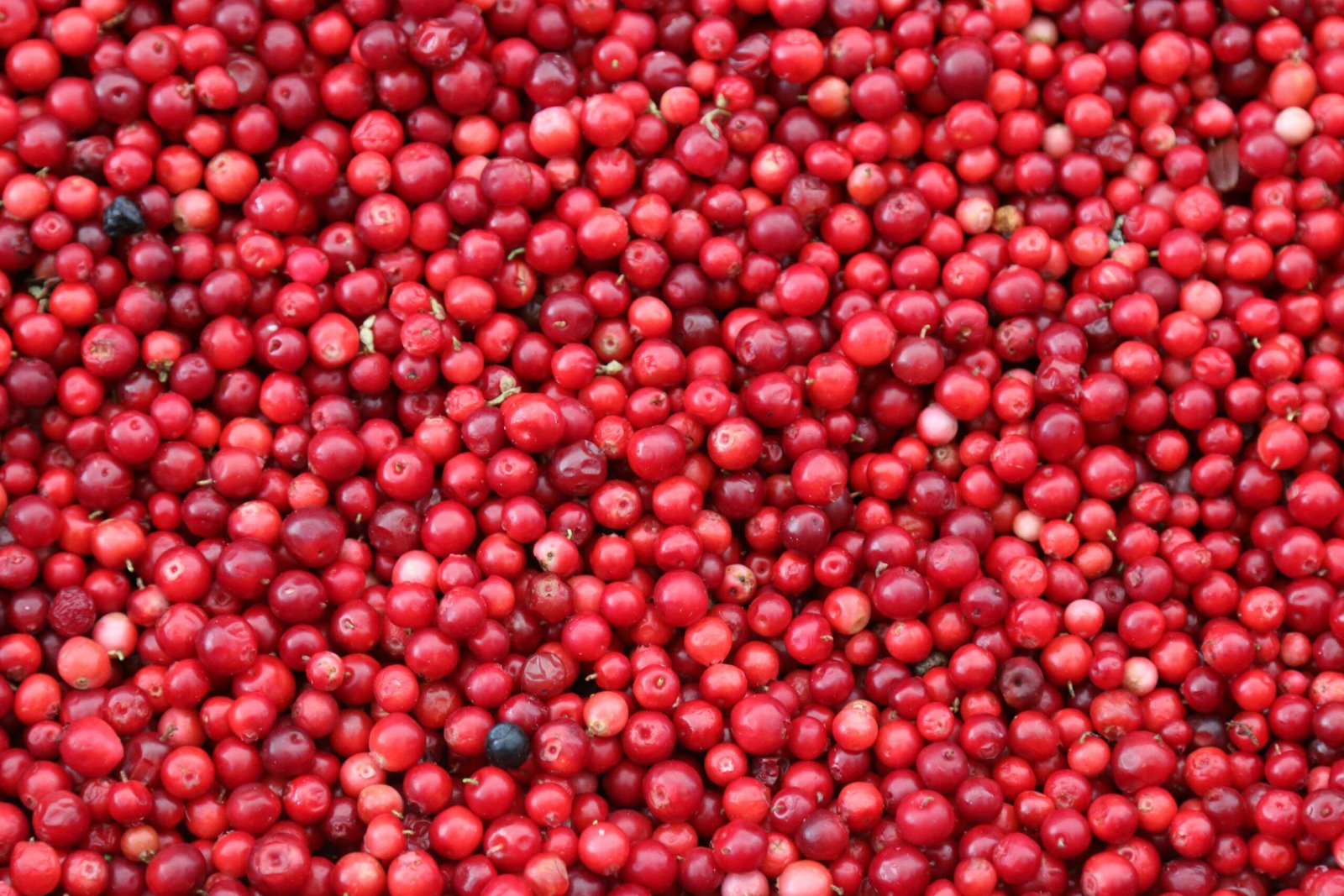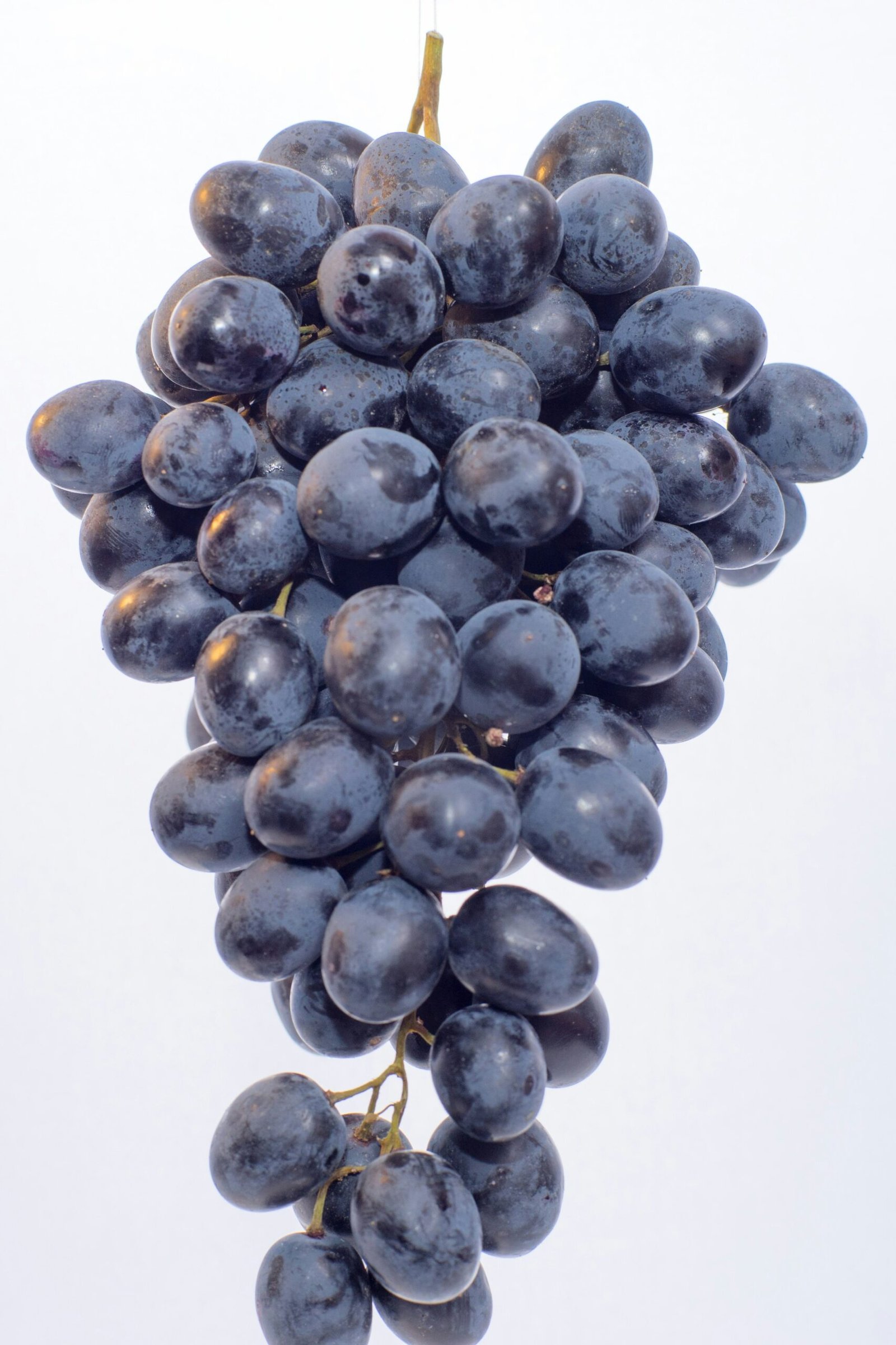Bilberry Extract: A Guide to its Uses and Scientific Evidence
Introduction
Bilberry extract, derived from the Vaccinium myrtillus plant, has gained popularity in recent years for its potential health benefits. This dark purple fruit is rich in antioxidants, specifically anthocyanins, which are believed to contribute to its medicinal properties. In this article, we will explore what bilberry extract is, its various uses, and the scientific evidence supporting its effectiveness.
What is Bilberry Extract?
Bilberry extract is a concentrated form of the bilberry fruit, which is native to Europe and North America. This extract is typically derived from the berries and leaves of the Vaccinium myrtillus plant. It contains a variety of beneficial compounds, including anthocyanins, flavonoids, and tannins.
Uses of Bilberry Extract
Bilberry extract has been used for centuries in traditional medicine for various purposes. Here are some of the most common uses:
1. Eye Health
Bilberry extract is often touted for its potential benefits in supporting eye health. It is believed to improve night vision and alleviate symptoms of eye fatigue and strain. The antioxidants present in bilberry extract may help protect the eyes from oxidative stress and damage caused by free radicals.
2. Circulation and Cardiovascular Health
Studies suggest that bilberry extract may have positive effects on circulation and cardiovascular health. The anthocyanins in bilberry extract are believed to improve blood flow, reduce inflammation, and enhance the health of blood vessels. This may contribute to a lower risk of heart disease and other cardiovascular conditions.
3. Blood Sugar Management
Bilberry extract has shown promise in managing blood sugar levels. Research indicates that it may help regulate blood sugar levels and improve insulin sensitivity. The antioxidants in bilberry extract may also provide some benefit against complications of chronic blood sugar / insulin imbalance, such as supporting retinal health.
4. Anti-Inflammatory and Antioxidant Properties
The high antioxidant content of bilberry extract makes it a potential ally in combating inflammation and oxidative stress. These properties may have a positive impact on overall health and contribute to the prevention of chronic diseases.
Scientific Evidence Supporting the Use of Bilberry Extract
While bilberry extract has a long history of traditional use, scientific research is still ongoing to validate its effectiveness. Here are some key findings from studies:
1. Eye Health
A systematic review published in the journal “Evidence-Based Complementary and Alternative Medicine” analyzed several studies on bilberry extract and its impact on eye health. The review concluded that bilberry extract may improve visual function and alleviate symptoms of eyestrain and fatigue.
2. Circulation and Cardiovascular Health
Research published in the journal “Phytotherapy Research” found that bilberry extract supplementation improved blood flow and reduced markers of inflammation in individuals with metabolic syndrome. Another study published in the “Journal of Applied Physiology” reported that bilberry extract improved vascular function in healthy individuals.
3. Blood Sugar Management
A study published in the journal “Molecular Vision” investigated the effects of bilberry extract on diabetic retinopathy. The findings suggested that bilberry extract may help protect against retinal damage caused by chronic blood sugar / insulin imbalance.
4. Anti-Inflammatory and Antioxidant Properties
Several studies have highlighted the antioxidant and anti-inflammatory effects of bilberry extract. One study published in the “Journal of Agricultural and Food Chemistry” demonstrated the ability of bilberry extract to reduce markers of oxidative stress in human subjects.
Standardization and Concentration
When choosing a bilberry extract supplement, it is important to consider the standardization or concentration of active compounds. The most common standardization is based on anthocyanin content, with a recommended concentration of 25% to 36%. However, it is essential to consult with a healthcare professional or refer to product labels for specific dosage instructions.
Conclusion
Bilberry extract offers a range of potential health benefits, including improved eye health, enhanced circulation, blood sugar management, and antioxidant properties. While scientific research supports many of these claims, further studies are still needed to fully understand the effectiveness of bilberry extract. When considering supplementation, it is advisable to consult with a healthcare professional and choose a standardized product with the appropriate concentration of active compounds.



